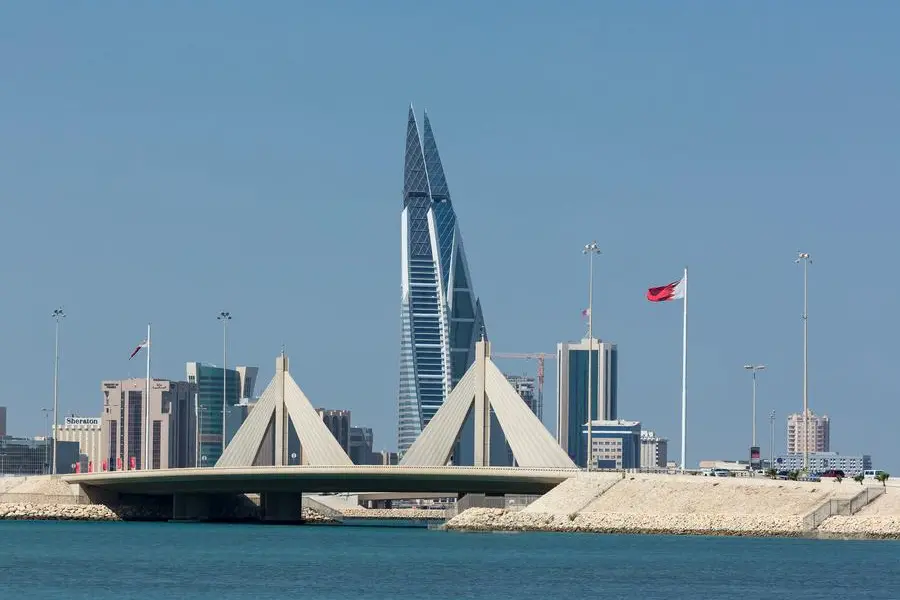PHOTO
Bahrain has secured a strong position in developing its young talent, ranking second in the Arab world and third in the Middle East and North Africa region, according to the 2023 Global Youth Development Index (YDI).
The YDI, a key resource for policymakers and researchers, tracks progress on youth-related Sustainable Development Goals (SDGs). The kingdom’s high ranking reflects its commitment to nurturing its younger population.
Co-published by the Commonwealth Secretariat and the Institute for Economics and Peace, the 2023 YDI report identified global progress in youth well-being and empowerment.
The index assesses youth development across 183 countries on pillars including health, education and employment opportunities. Bahrain’s classification as a ‘Very High Youth Development’ country signifies significant investments in its future leaders.
The kingdom excelled in specific areas. It ranked first in the Middle East and North Africa for ‘Equality and Inclusion’, and first in the Gulf for ‘Employment and Opportunities’. Globally, these two domains placed Bahrain 11th, highlighting its robust framework for gender parity and youth development initiatives.
“We are proud of Bahrain’s success in fostering an environment where young people can thrive,” said Bahrain Economic Development Board (EDB) chief of strategy Nada AlSaeed. “These top rankings reflect our inclusive workforce policies and progressive government outlook.”
The EDB is a government agency focussed on promoting foreign direct investment in Bahrain.
Bahrain’s continued investment in its young workers recognises their vital role in the kingdom’s sustained growth and prosperity. Businesses benefit from a young, tech-savvy Bahraini workforce, complemented by a diverse talent pool offering a global perspective.
“Our youth are the foundation of our nation,” Ms AlSaeed added. “The YDI results confirm the positive impact of our investments. This milestone underscores Bahrain’s long-term vision for youth development, prioritising reskilling initiatives and promoting gender equality to ensure a future-ready workforce and a thriving socioeconomic environment.”
The island nation’s talent pool has demonstrably contributed to international success stories. Citigroup’s global technology hub, based in the kingdom, has pledged to hire 1,000 Bahraini coders to develop solutions for its worldwide clientele.
The YDI demonstrates a strong correlation between youth development and overall SDG progress.
The report’s findings highlight notable advancements within Commonwealth countries, with Singapore maintaining its leading position as the top-ranked nation globally, closely followed by Malta, Cyprus, New Zealand, and Brunei.
The ‘Employment and Opportunity’ domain showed the most significant improvement, driven by a 52pc increase in youth financial inclusion metrics.
Commonwealth countries exhibit higher scores in youth civic and political engagement compared to the global average.
A whopping 94pc of the 50 Commonwealth nations analysed demonstrated improvement in their YDI scores over the past 12 years, signalling positive trends in youth development outcomes.
The definition of “youth” for the YDI is 15-29 years old, although data may be limited to the 15-24 age range. Tracking progress on youth development in the Commonwealth is critical, especially considering that over 60 per cent of its population, totalling more than 2.5 billion people, is under the age of 30. The Commonwealth, formally called the Commonwealth of Nations, is an international association of 56 member states. The majority of these members were formerly territories of the British Empire.
Amidst complex global challenges such as the ongoing impact of the Covid-19 pandemic’s consequences, climate change and regional conflicts, the YDI serves as a crucial tool for policymakers, researchers, youth workers and advocates. It enables monitoring of progress, supports advocacy for change and encourages evidence-based policymaking.
Beyond assessment, the YDI helps track the impacts of ongoing crises, emphasising the need for adaptable methodologies to drive meaningful progress and build inclusive societies.
Copyright 2022 Al Hilal Publishing and Marketing Group Provided by SyndiGate Media Inc. (Syndigate.info).




















